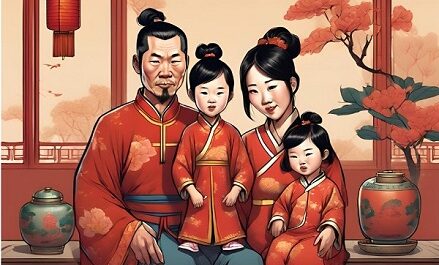Learn Chinese Idiom with Pinyin and English

- Idiom in Chinese-小脚女人.
- Pinyin of Idiom– xiǎo jiǎo nǚ rén.
- Idiom’s Meaning in English– A woman with bound feet—too cautious to make strides.”Xiao Jiao Nv Ren” is a Chinese idiom that describes a woman with bound feet, traditionally a symbol of femininity and obedience in ancient China. However, in modern usage, it has evolved to refer metaphorically to someone who is overly cautious, timid, or hesitant in making decisions or taking action. It suggests a lack of courage or assertiveness.
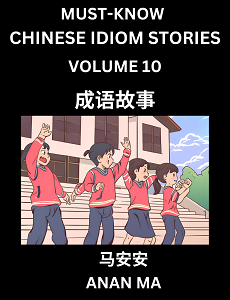
Chinese Idiom Stories Books (HSK All Levels):
- Books to Learn Chinese Idiom Stories (Part 1)
- Books to Learn Chinese Idiom Stories (Part 2)
- Books to Learn Chinese Idiom Stories (Part 3)
Learn Chinese Idiom Story in English (成语故事的英文)
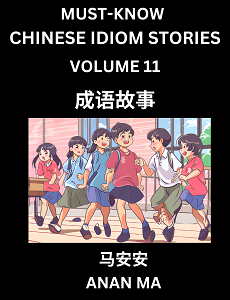
In a modern company, Miss Li worked diligently in the marketing department. However, she was often overly cautious and hesitant when it came to important projects or decisions. Her colleagues often referred to her as “the little foot woman,” comparing her to the traditional women in ancient China who had bound feet and were thus physically limited.
Despite her hesitation, Miss Li finally overcame her fears and bravely proposed an innovative plan for a crucial marketing campaign. The plan was a great success, bringing significant profits to the company. From then on, her colleagues’ perception of her changed, and they no longer referred to her as “the little foot woman,” instead admiring her courage and wisdom.
Learn Idiom Story in Chinese (成语故事)
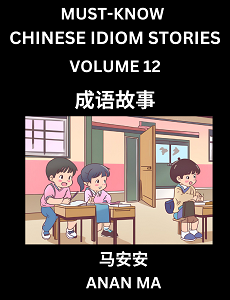
在一个现代化的公司里,李小姐是市场部的一名员工。她工作勤奋,但总是过于谨慎。每当有重要的项目或决策需要她参与时,她总是犹豫不决,担心可能出现的风险。同事们常常称她为“小脚女人”,因为她就像古代那些裹着小脚、行动不便的女人一样,缺乏果断和勇气。
然而,在一次关键的市场推广活动中,李小姐终于克服了自己的犹豫,勇敢地提出了一个创新的方案。这个方案最终取得了巨大的成功,为公司带来了丰厚的利润。从那以后,同事们对她的看法也发生了改变,不再称她为“小脚女人”,而是赞赏她的勇气和智慧。
Learn Keywords with English, Simplified Chinese Characters, and Pinyin (关键词)
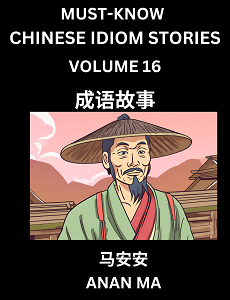
- 在一个现代化的公司里(zài yí gè xiàn dài huà de gōng sī lǐ): modern company
- 李小姐(Lǐ Xiǎo Jiě): Miss Li
- 市场部(shì chǎng bù): marketing department
- 她总是过于谨慎(tā zǒng shì guò yú jǐn shèn): she is always overly cautious
- 同事们常常称她为“小脚女人”(tóng shì men cháng cháng chēng tā wéi “xiǎo jiǎo nǚ rén”): colleagues often call her “little foot woman”
- 就像古代那些裹着小脚、行动不便的女人一样(jiù xiàng gǔ dài nà xiē guǒ zhe xiǎo jiǎo, xíng dòng bù biàn de nǚ rén yī yàng): just like the women in ancient times who had bound feet and were inconvenient to move
- 缺乏果断和勇气(quē fá guǒ duàn hé yǒng qì): lacking decisiveness and courage
- 一个创新的方案(yí gè chuàng xīn de fāng àn): an innovative plan
- 同事们对她的看法也发生了改变(tóng shì men duì tā de kàn fǎ yě fā shēng le gǎi biàn): colleagues’ views of her have also changed
Pinyin of Idiom Story (故事的拼音)
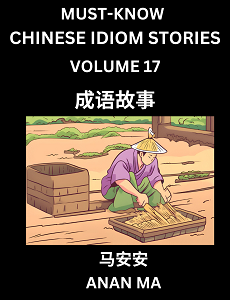
Zài yīgè xiàndàihuà de gōngsī lǐ, lǐ xiǎojiě shì shìchǎng bù de yī míng yuángōng. Tā gōngzuò qínfèn, dàn zǒng shì guòyú jǐnshèn. Měi dāng yǒu zhòngyào de xiàngmù huò juécè xūyào tā cānyù shí, tā zǒng shì yóuyù bù jué, dānxīn kěnéng chūxiàn de fēngxiǎn. Tóngshìmen chángcháng chēng tā wèi “xiǎojiǎo nǚrén”, yīnwèi tā jiù xiàng gǔdài nàxiē guǒzhe xiǎojiǎo, xíngdòng bùbiàn de nǚrén yīyàng, quēfá guǒduàn hé yǒngqì.
Rán’ér, zài yīcì guānjiàn de shìchǎng tuīguǎng huódòng zhōng, lǐ xiǎojiě zhōngyú kèfúle zìjǐ de yóuyù, yǒnggǎn de tíchūle yīgè chuàngxīn de fāng’àn. Zhège fāng’àn zuìzhōng qǔdéle jùdà de chénggōng, wèi gōngsī dài láile fēnghòu de lìrùn. Cóng nà yǐhòu, tóngshìmen duì tā de kànfǎ yě fāshēngle gǎibiàn, bù zài chēng tā wèi “xiǎojiǎo nǚrén”, ér shì zànshǎng tā de yǒngqì hé zhìhuì.


